
Recent incidents involving bias and falsification of documents have caused scholars to reconsider the appropriate level of AI involvement in research.
Recently, on his personal page, Professor, Doctor of Linguistics Nguyen Van Hiep shared a story that shocked readers. He discovered that AI had forged his documents in information sent by a friend. He also accidentally discovered that the article of Associate Professor, Doctor of Science Tran Van Co was also forged by AI.
AI has become an indispensable part of human life, however, experts always emphasize that we should only see AI as a supporting tool. AI users always need to be alert and knowledgeable to process data and evaluate the results obtained after "cooperating" with AI. Particularly in scientific research, many studies have shown that the biggest problem that needs to be vigilant is bias in data and models. AI can be biased, distort analysis results, create prejudice or discrimination, and manipulate information if not well controlled.
In particular, the use of AI in social science research requires much more caution. Because fields in social sciences such as philosophy, linguistics, ethnology, history, etc. all take human behavior, culture, and conduct as research objects, the data is often closely tied to the Vietnamese socio-cultural context, with depth and specificity. If AI training data reflects historical prejudices, the danger that can happen is that AI can draw conclusions that exacerbate problems of inequality between gender, class, race, or geographic region. The risk is even greater when AI is used to analyze human behavior, respond to open surveys, or participate in media content.
According to some social science experts, AI currently has difficulty accessing copyrighted or paid data sources, resulting in incompletely updated information.
The phenomenon of fabricating documents to create plausible stories often occurs in less popular topics, in languages with limited data sources such as Vietnamese, and should be warned to alert users. AI systems in general are currently very limited in understanding social and cultural context, so their assistance in interpreting ambiguous, metaphor-rich social science knowledge is not really reliable.
Although it brings a lot of potential in scientific research, the application of AI needs to be very careful, has limits and must always go hand in hand with the critical thinking ability of the researcher.
It can be seen that, although it brings a lot of potential in scientific research, the application of AI needs to be very cautious, limited and always accompanied by the critical capacity of the researcher. The subject using AI must clearly identify these limitations in the use of AI, ensuring that AI does not change the core values of science. To protect the integrity of scientific research, the role and responsibility of scientists must be raised to a new level. In addition, it is necessary to propose a legally binding AI ethical framework in the context of Vietnamese culture, traditions and social norms.
We have a system of nine principles to promote research and development of safe and responsible AI systems, limit negative impacts and control risks proposed by the Ministry of Science and Technology , which emphasizes data security as well as respect for human rights and dignity, and accountability of AI users. Particularly in scientific research, the State Council of Professors also issued Official Dispatch No. 25/HDGSNN in 2023, requesting that industry professor title councils and facilities for assessing the quality of scientific works pay special attention to detecting and evaluating works that use or are assisted by AI technology. These requirements aim to ensure that research results using AI still meet scientific standards, preventing the abuse of AI in scientific research and publication.
In the coming time, when the Law on Artificial Intelligence is issued, with strict regulations related to ethics and responsibility in using AI, it will contribute to creating a healthy environment for AI development, providing more active and responsible support for scientists in research work.
Source: https://nhandan.vn/canh-giac-voi-mat-trai-cua-ai-post916545.html



![[Photo] The Steering Committee of the 2025 Fall Fair checks the progress of the organization](https://vphoto.vietnam.vn/thumb/1200x675/vietnam/resource/IMAGE/2025/10/20/1760918203241_nam-5371-jpg.webp)






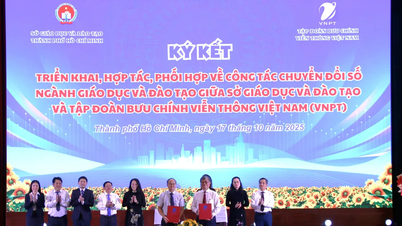




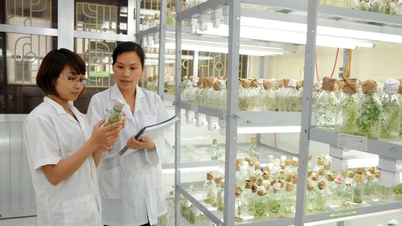





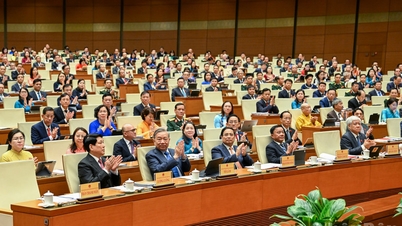
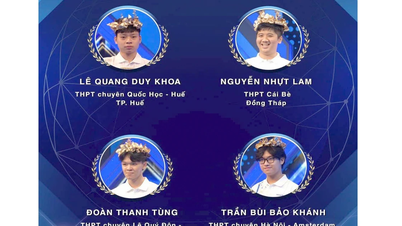
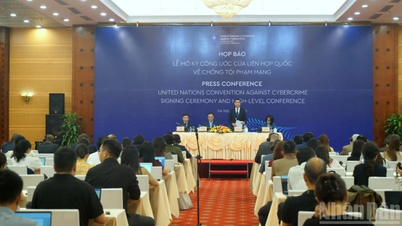









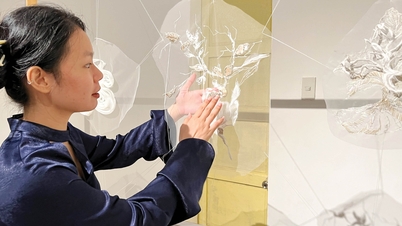









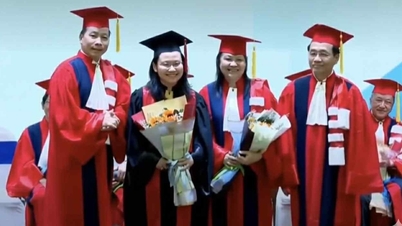



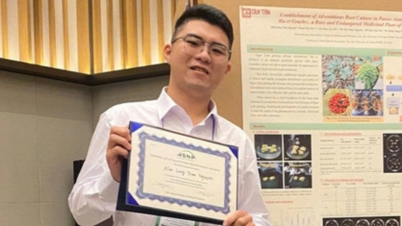







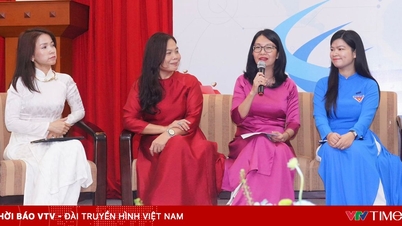

























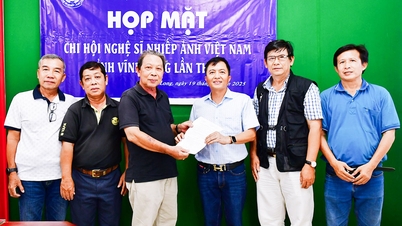

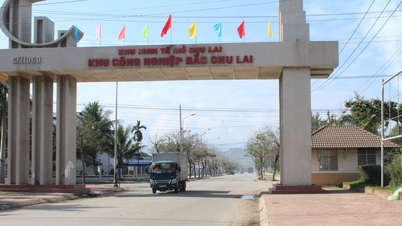





















Comment (0)